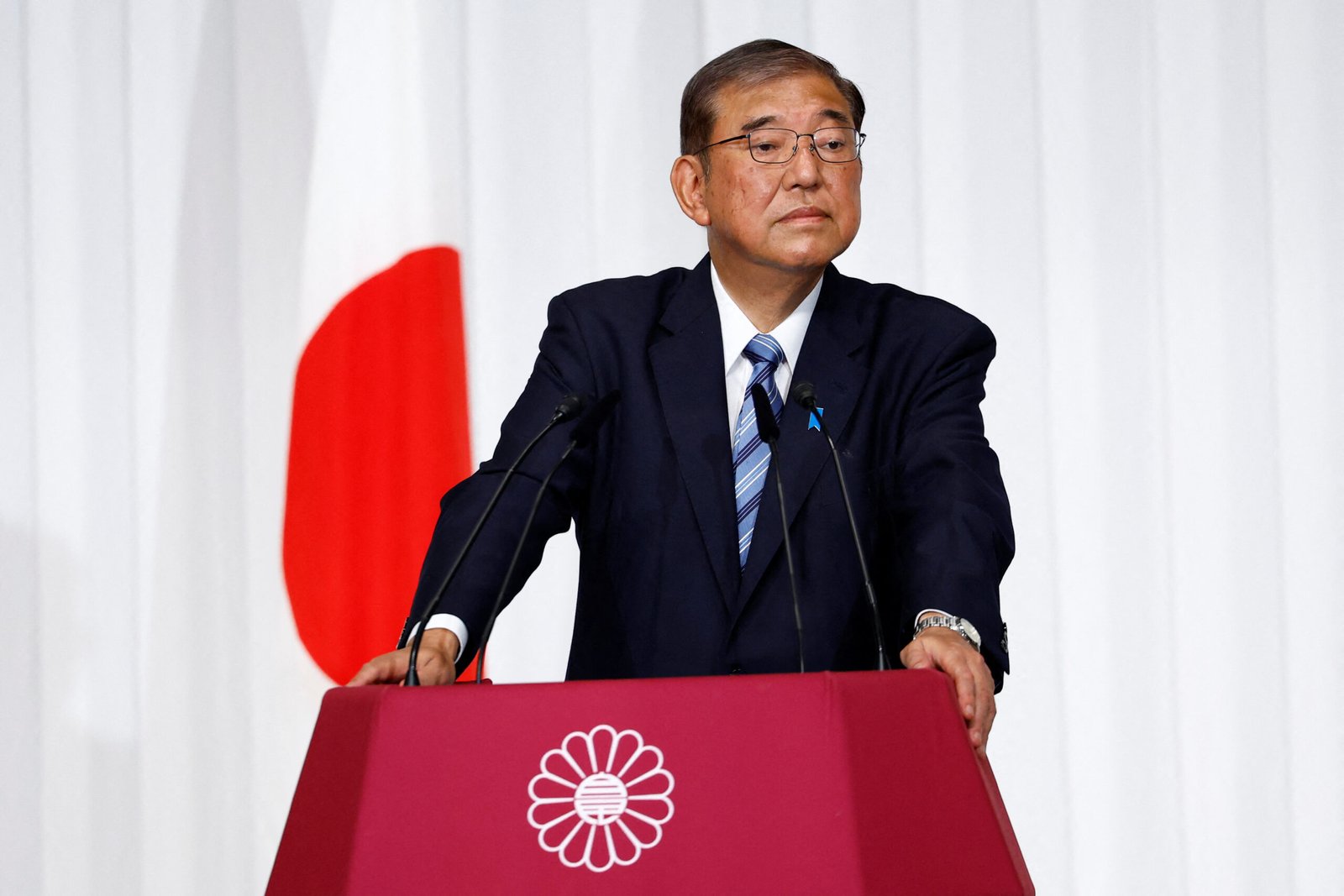In a political milestone, Shigeru Ishiba has been re-elected as Japan’s Prime Minister, despite his party not holding an outright parliamentary majority. The outcome reflects a complex political landscape as Japan navigates its future both domestically and within the global arena.
Table of Contents
ToggleThe Electoral Context
Ishiba’s re-election comes under unique circumstances. His Liberal Democratic Party (LDP), while being a key political force in Japan, has seen its influence slightly diminished in recent elections. This has created a situation where coalitions and alliances play a critical role in governance. Ishiba’s continued leadership was made possible through strategic collaborations and the support of smaller allied parties.
Challenges Facing Ishiba’s Government
Prime Minister Ishiba’s new term isn’t without challenges. He faces pressing issues such as economic recovery post-pandemic, technological advancement, and maintaining international relations in a rapidly changing geopolitical environment. Another significant aspect of his leadership will be ensuring political stability amidst an increasingly fragmented parliamentary structure.
Strategic Alliances and Political Maneuvering
Ishiba’s ability to maintain support is widely attributed to his adept political maneuvering and the careful crafting of alliances with minor parties. These alliances have been essential not just for legislative agenda-setting but also for maintaining a semblance of majority in decision-making processes.
Prospects and Policies
Looking ahead, the Prime Minister is expected to focus on policies that enhance economic resilience, digital transformation, and sustainability. With an eye towards fostering innovation, Ishiba’s government aims to position Japan as a leader in the global digital landscape.
A Glance at Public Sentiment
Public sentiment has been mixed, with some sectors expressing optimism over continuity, while others are calling for reforms and changes to address the issues that are perceived to have been sidelined, like social equity and environmental policies. Ensuring public trust and responding to societal needs remains a critical aspect of Ishiba’s governance strategy.
Implications for Japan’s Future
The re-election of Ishiba signals a period of potential continuity amidst change for Japan. How effectively the Prime Minister can leverage his alliances and manage the delicate balance of maintaining party support while addressing national challenges will be crucial. His leadership will significantly impact Japan’s domestic policies and its stance on global matters in the years to come.
I invite you to read more insightful news like this on my blog, Frozen Leaves News.
For a detailed account of this news, visit the full article on DW.
“`






